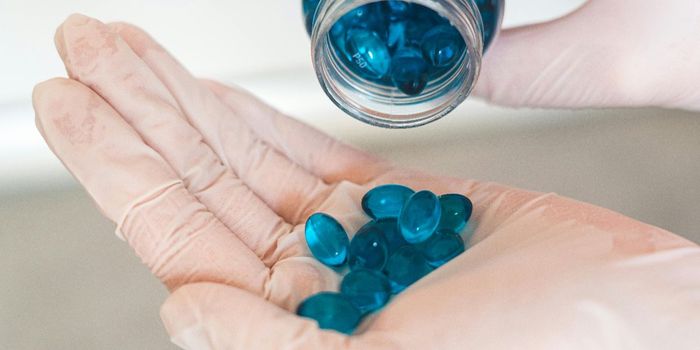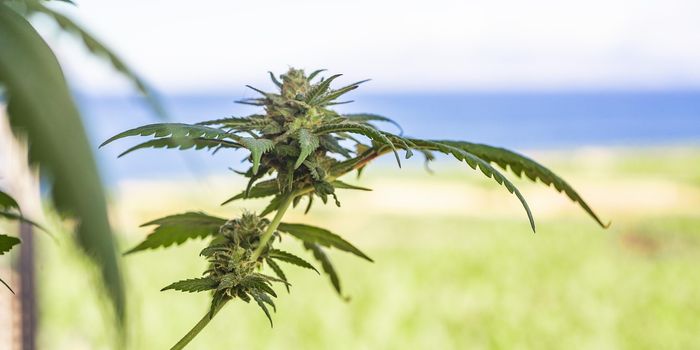Migraines aren't only suffered by adults. A significant percentage of children, teens and young adults suffer from migraines too. Migraines within these groups aren't usually as severe as adult migraines, but they still negatively affect the quality of a child's life. The cause of this complicated neurological disorder isn't entirely known. Yet, previous studies have pointed to vitamin deficiencies as a potential cause. Studies using vitamins to prevent migraines, however, have had inconsistent results.
Now, research shows that children suffering from migraines have mild deficiencies in riboflavin, vitamin D, and coenzyme Q10.
For this study, neurologist Suzanne Hagler and a group of colleagues at the Cincinnati Children's Headache Center examined data of the patients at their center. They specifically looked at riboflavin, vitamin D, coenzyme Q10, and folate because each had been implicated in previous (and often conflicting) studies on migraine causes.
The data showed that 42 percent of migraine-suffering children had low riboflavin levels; 71 percent had low levels of coenzyme C10, and 91 percent had low levels of vitamin D.
Researchers in previous studies had provided vitamin supplements to patients when treating migraines. However, the vitamins were given in conjunction with migraine medication. Thus, researchers now need to find whether providing these vitamins/vitamin-like substances alone would effectively treat migraines. Scientists are additionally examining “whether patients with mild deficiency are more likely to benefit from supplementation,” Hagler said.
Hagler presented the research on June 10, 2016, at the 58th Annual Scientific Meeting of the American Headache Society in San Diego. The research has not yet been published in a peer-reviewed journal.
Sources:
Science Daily,
Migraine Research Foundation









